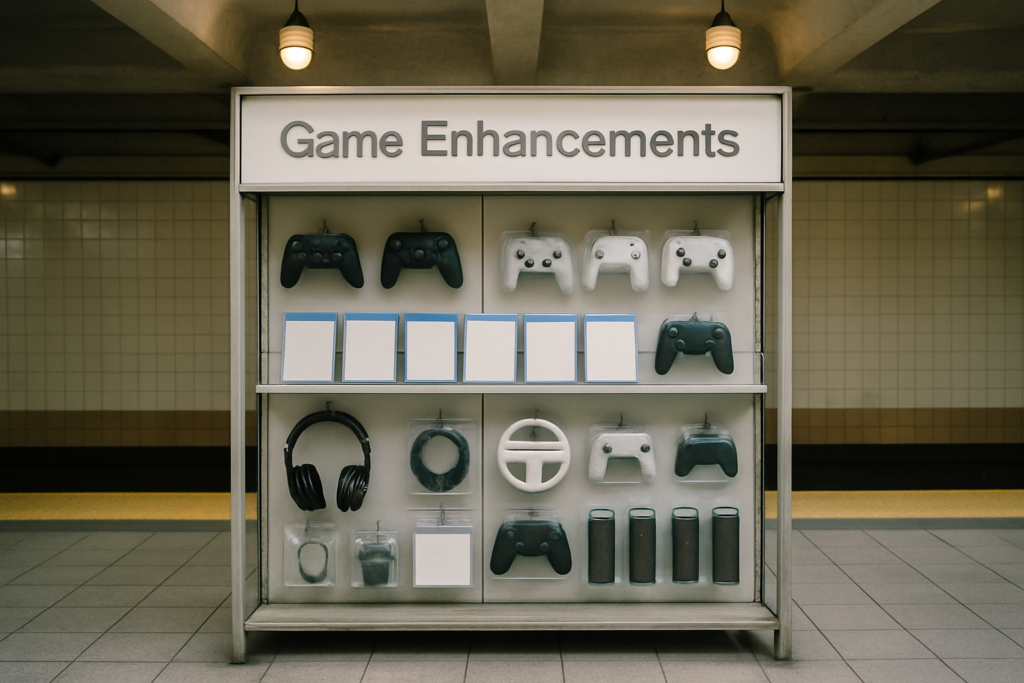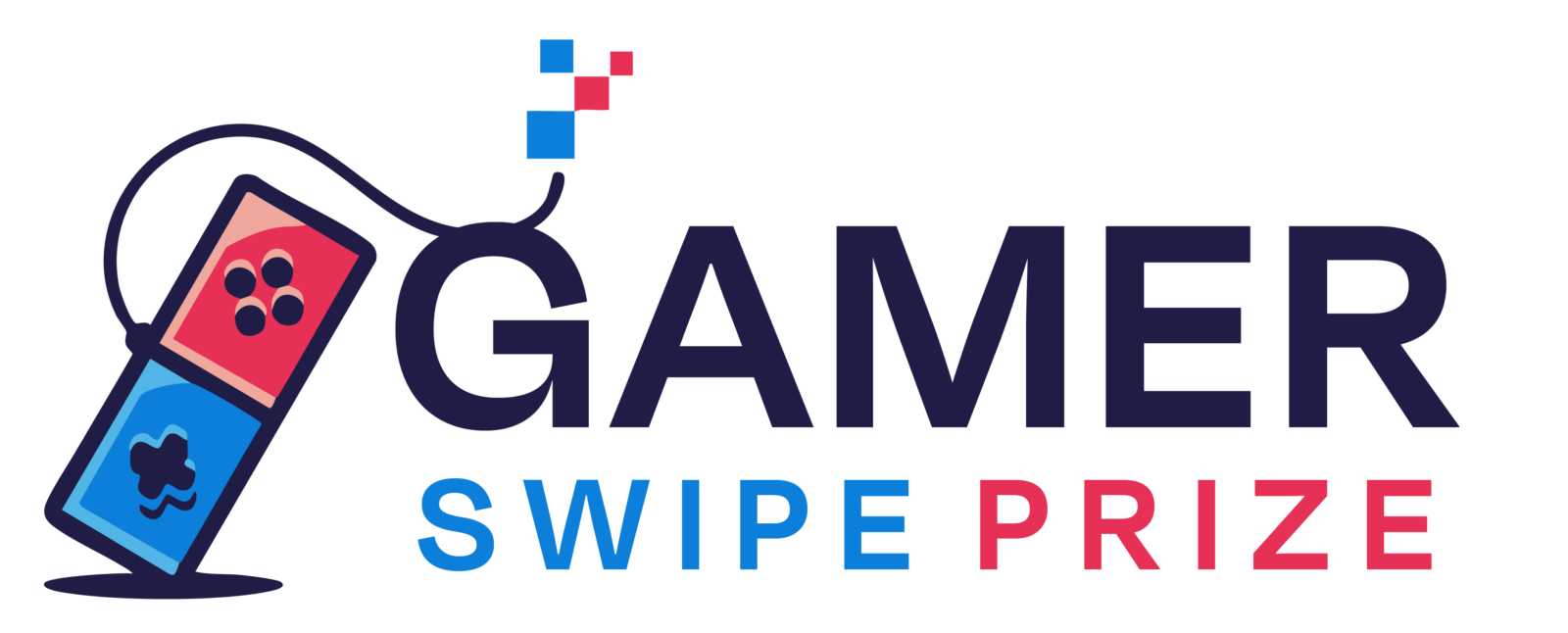Who Might Be Calling from 6316017248?
The number 6316017248 is tied to the 631 area code, which covers Suffolk County in Long Island, New York. It’s a densely populated region where both personal and business lines operate. That means the caller could be anyone—from a school, doctor’s office, or local business, to a robocaller or scammer.
If you don’t have any personal or professional ties to that area, proceed with caution. Running a reverse lookup or using crowdsourced databases can help determine the caller’s identity. These tools pool user experiences to flag known spam numbers and give you a better idea of whether it’s worth responding.
The Rise of Robocalls and Spoofing
Spam calls have exploded in recent years, especially with spoofing—when a scammer fakes the number to look like it’s from a local or trusted source. So even if a number like 6316017248 appears familiar or “safe,” context matters.
Many robocalls now mimic local area codes in an attempt to boost pickup rates. That doesn’t necessarily mean the call’s coming from where it claims to. Check if the calling time lines up with business hours in New York and whether the number persists over days or weeks.
What You Can Do If You Receive a Call
Here’s a quick checklist to handle unknown numbers like 6316017248:
Don’t answer immediately – Let it ring through. If it’s important, they’ll leave a message. Check voicemail – Legitimate callers typically leave detailed voicemails. Scammers usually don’t. Search the number online – Use reverse lookup tools or check websites that report phone scams. Block if needed – On iOS or Android, you can block the number directly if it’s suspicious. Report it – File a complaint through FTC.gov or your country’s version of it. Data builds over time, and your report can help protect others.
Red Flags of Scam Calls
Numbers like 6316017248 sometimes get flagged for scam behavior. Look out for these traits:
Highpressure tactics – Threats of legal action or arrest over unpaid bills or taxes. Urgency – “Act now” tones pushing you to make quick decisions, especially for financial gains or identity confirmation. Too good to be true – Sweepstakes you never signed up for or prizes requiring payment before delivery. Requests for personal data – No trusted organization will coldcall demanding your SSN or full credit card numbers.
Legitimate Callers Do Exist
All that said, not every unidentified number is bad news. Hospitals, pharmacies, schools, delivery services, or HR departments often use thirdparty services to make calls. That’s why numbers like 6316017248 can appear unknown but still be valid.
Best move? Let the call go to voicemail. Then verify. Call back only after you confirm it’s a legit source.
How to Protect Yourself LongTerm
If you’re tired of dealing with unwanted calls—especially if 6316017248 shows up more than once—here are ways to cut the noise:
Use call filtering apps – Apps like Hiya, Truecaller, or your phone service provider’s spam filter can alert you before you pick up. Register with the Do Not Call list – This won’t stop scammers entirely, but it reduces legal telemarketing calls. Silence unknown numbers – iPhone and Android both offer options to send unknown calls straight to voicemail. Keep your number private – Don’t give your number out in unnecessary forms or suspicious websites. The more places it’s listed, the higher your exposure.
6316017248: A Number Worth Watching?
So, is 6316017248 a number to worry about? It depends on how often it calls, whether there’s a voicemail, and other users’ feedback online. If it’s repeatedly contacting you without context or leaves vague or no messages, it’s probably better left unanswered and blocked.
If the call seemed important but you missed it and now wonder, “Should I return the call?”—pause first. Look it up. Think it through. A single callback to a scam number can verify your line as active… and spark even more spam.
Final Thoughts
Unknown calls aren’t going away, but neither is your ability to deal with them. Numbers like 6316017248 might be real, random, or risky—but either way, your best defense is caution backed by tools and habits that keep you in control. Think twice, check once, and never give up your information without doublechecking who’s asking.




